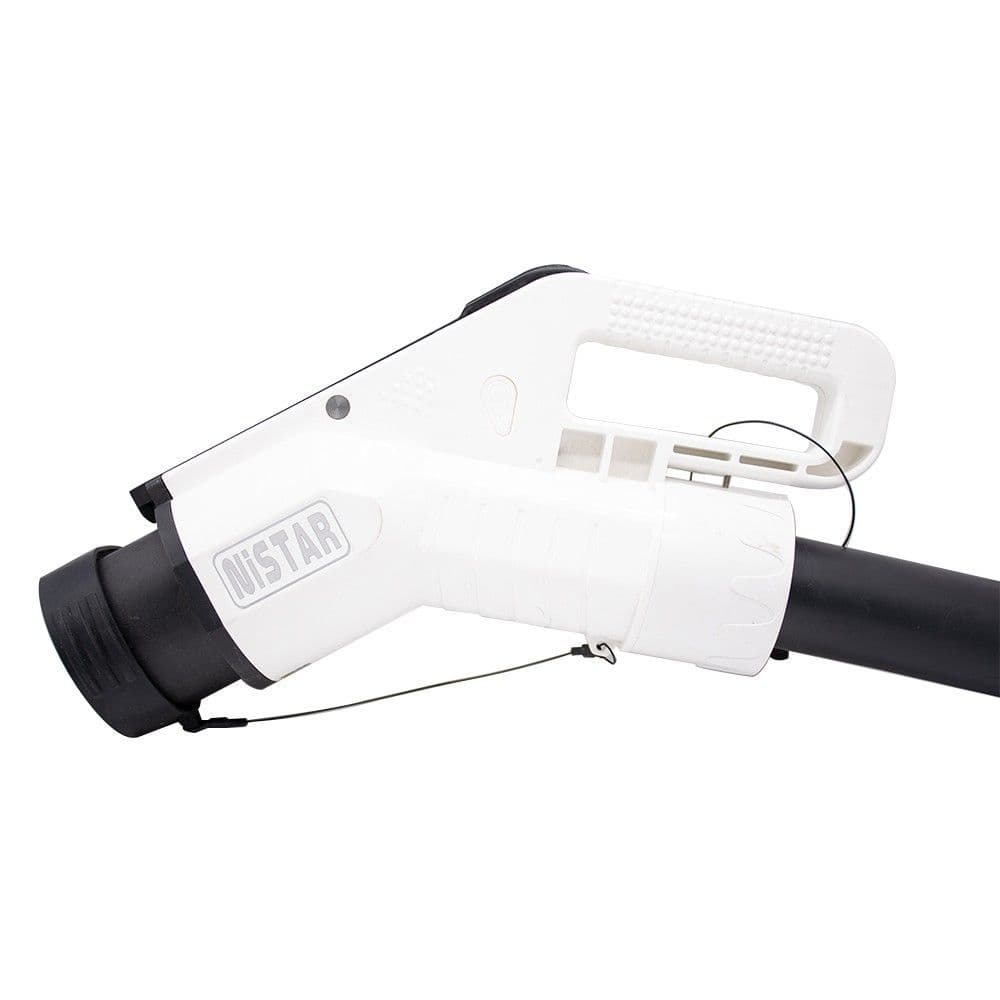
J1772: Empowering Ev With Universal Charging Standard
The electrification of transportation has gained significant momentum in recent years, with electric vehicles (EVs) becoming an increasingly common sight on our roads. As the demand for EVs grows, so does the need for efficient and reliable charging infrastructure. In this article, we will delve into the J1772 standard, an essential component of the EV charging ecosystem that plays a vital role in enabling seamless and widespread EV adoption.

Understanding J1772:
The J1772, also known as the SAE J1772, is a charging standard developed by the Society of Automotive Engineers (SAE) to establish a universal connector and communication protocol for EV charging. Introduced in 2001, this standard has become the de facto charging method for Level 1 and Level 2 charging in North America, Europe, and other parts of the world.
Connector and Communication Protocol:
At the heart of the J1772 standard lies the charging connector, which enables the transfer of electrical power between the charging station and the EV. The connector comprises several pins, each with a specific function. It includes power pins for delivering AC power, control pins for communication between the vehicle and the charging station, and ground pins for safety.
The J1772 standard also encompasses a communication protocol that allows the charging station and the EV to exchange vital information. This communication occurs through the control pins within the connector and facilitates functions such as authentication, safety checks, and monitoring of the charging process.
Versatility and Flexibility:
One of the key advantages of the J1772 standard is its versatility. It supports both single-phase and three-phase charging, accommodating a wide range of EV charging needs. Level 1 charging, which uses a standard household outlet, typically relies on a J1772 connector, providing a convenient and accessible charging option for EV owners. Level 2 charging, which involves higher power delivery, often utilizes J1772 connectors installed in dedicated charging stations, enabling faster charging times.
Safety and Reliability:
The J1772 standard places great emphasis on safety, incorporating features that protect both the EV and the charging infrastructure. The connector design includes safeguards against overheating, electrical faults, and unauthorized access. Moreover, the communication protocol enables continuous monitoring of the charging process, allowing for the immediate detection of any abnormalities and the appropriate response.
Future-proofing with J1772:
While rapid advancements are being made in EV charging technologies, the J1772 standard remains relevant and future-proof. The standard has evolved to support higher power delivery as EV battery capacities increase, addressing the growing demand for faster charging times. Additionally, many charging stations today are equipped with J1772 connectors alongside other emerging standards, ensuring compatibility with a wide range of EV models.
Conclusion:
The J1772 standard has been instrumental in fostering the widespread adoption of EVs by providing a universal and reliable charging solution. Its versatile connector design, robust communication protocol, and emphasis on safety have made it the go-to standard for Level 1 and Level 2 charging in various regions. As the EV market continues to expand, the J1772 standard will continue to play a vital role in supporting the growth of EV charging infrastructure, offering a seamless charging experience to EV owners worldwide.
Appreciate the creator